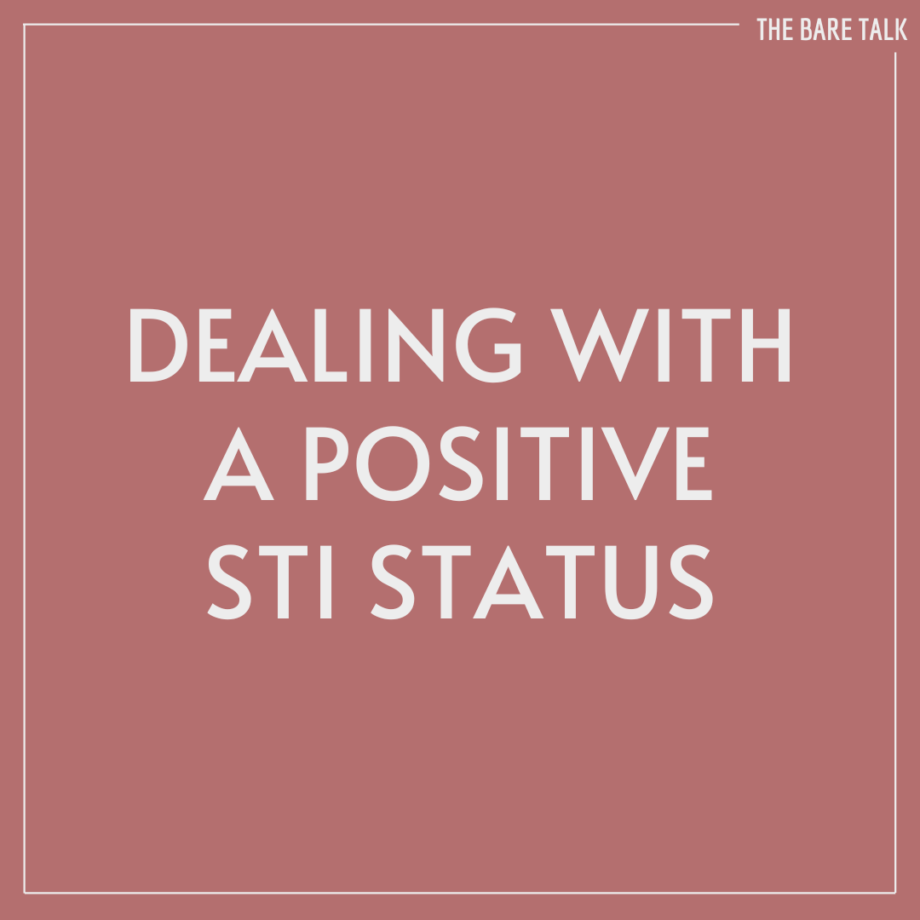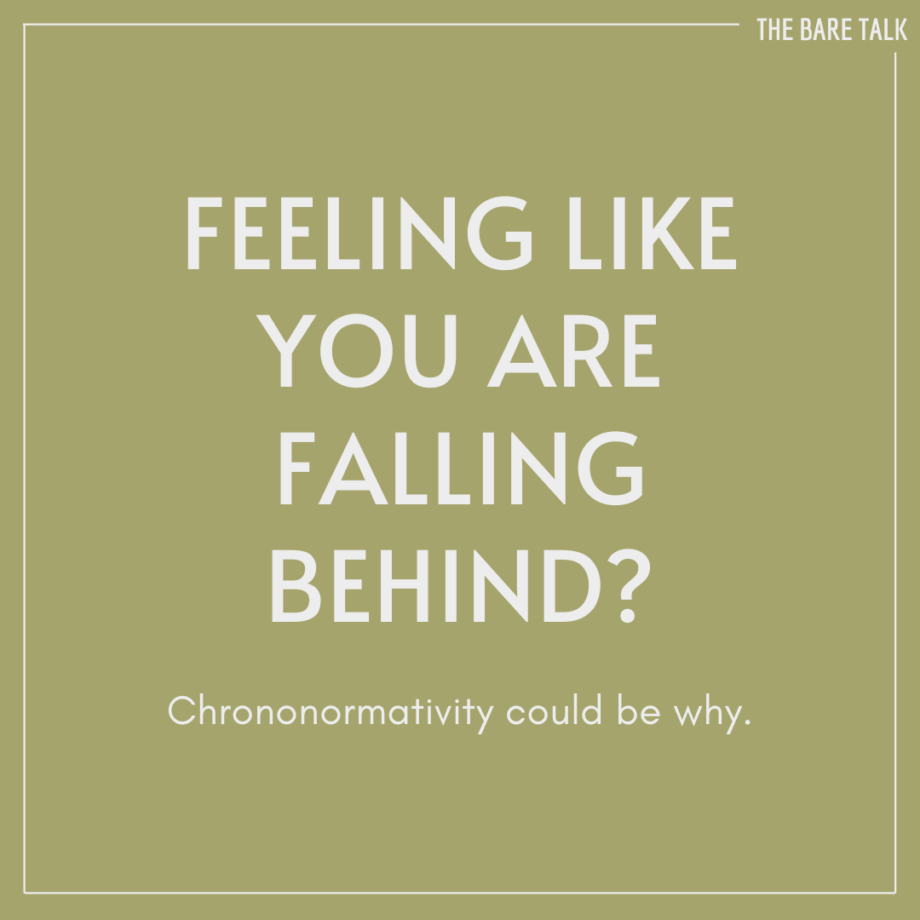The World Health Organisation (WHO) defines health as a state of complete physical, mental and social well-being and not merely the absence of disease or infirmity.
Unfortunately, just by reading this definition, we can assume that a lot of us don’t think of health beyond the physical. Furthermore, the stigma and the lack of understanding lends itself to us putting minimal emphasis on the mental & social aspects of wellness.
Research conducted by The Live Love Laugh Foundation provides evidence that Indians do in fact have, a somewhat skewed perspective on Health. The results suggested that out of the 3556 respondents , 57% associated being Healthy with happiness and about 47% associated it with having a ‘sound mind’ and ‘being healthy’
The research also further explored attitudes towards mental illness among the sample, which are depicted below.
Source (TLLF)
This stigma strongly associated with mental health hampers the patients to seek the required medical treatment or seek professional help. Most people are afraid to even confront their immediate confidants, parents, guardians, and friends about their mental health issues solely from the fear of being judged and fear social exclusion.
The WHO estimates that the burden of mental health problems, in India, is approximately 2,443 Disability-adjusted Life Years (DALY) per 100,000 population, and the age-adjusted suicide rate per 100,000 population is 21.1. It is estimated that the economic loss, due to mental health conditions, between 2012-2030, is 1.03 trillions of dollars (2010).
However, Mental health workforce in India (per 100,000 population) include psychiatrists (0.3), nurses (0.12), psychologists (0.07) and social workers (0.07) is negligent.
That accounts for 3 psychiatrists for 1 million population. India has only 3500 trained psychiatrists and even fewer psychologists. Also another greater problem is the quality of treatment provided in such cases as there are various accounts of people where their health has been worsened because “therapy” was not considered and a bigger quantity of medication is provided, more than it’s needed.
Therapy as a treatment method
People with mental health conditions often find psychotherapy or “talk therapy” very helpful. The type and length of therapy depends on the personal situation &/or finances, etc. and the therapy may be part of an overall treatment plan that includes medication or other treatment options.
In order to gain a better understanding of people’s experiences and opinions about therapy in India, an online form was created inviting people to answer some questions, anonymously.
Responses were provided by 8 individuals, who were willing to share their thoughts. Among the participants, there were 7 females & 1 male, with ages ranging from 20-29 (mean age = 22.25 years).
Purpose for seeking therapy
A majority of individuals (n = 5) in the present sample reported to have been seeking therapy for Depression, with 1 individual seeking help for both depression & anxiety. This does not come as a surprise, as most of us have read, India has been dubbed the “Most Depressed Country in the World”. Another 2 individuals reported to anxiety to be the main cause for seeking help. Finally, an individual revealed their purpose to be a wide variety of reasons ranging from sciatica and body image issues to emerging adulthood crisis and existentialism.
Accessibility
In the present sample, 5 individuals reported therapy to be easily accessible, whereas the other 3 faced some difficulty. When inquiring about lack of accessibility, social barriers were reported to be the prime issue. Other factors like financial constraints, distance and lack of experienced professional help as well as other undefined factors, received equal consideration.
Factors that led to considering therapy
Individuals provided a variety of reasons that lead to them to therapy.
-
Therapy was prescribed to them by a registered medical practitioner.
-
Therapy was recommended to them by a friend or acquaintance
-
Parents asked them to consult a psychiatrist on observing certain signs and symptoms
-
Unable to deal with the daily chores of student life and/or struggled with exams
-
Research online & increased awareness made them believe in the systematic treatment via therapy
-
Immediate confidants didn’t understand the dynamics of their mental condition seemed to have biases.
-
Some needed professional advice regarding their condition as parents and friends weren’t on the same page as them to understand, analyze their issue and provide with the right help and advice.
Effectiveness & Experience
Six individuals, from the present sample reported that they found therapy to be helpful. On further examination, some revealed that they felt much better after their therapy sessions due the clarity it provided, some felt that they had a new support system to whom they could vent without fear of judgment, some added that therapy helped them gain insight on the root of the mental health issue and opened new avenues of calming themselves in triggering situations. Finally, it was also suggested that therapy helped some develop a completely new relationship with themselves as well as a sense of understanding about their reactions to certain situations/triggers.
However, two individuals reported that therapy was not a beneficial experience for them because one particular psychologist wasn’t experienced enough in certain areas, especially in the digital age, preferring old outdated methods and not understanding newer determinants that affect mental health like social media; and another because they felt that their psychologist was not able to understand their perspective at all.
Finding “The One”
Finding the right therapist that fits can be change how your treatment progresses drastically. According to the present sample, 1 individual went to 5 therapists, and 1 individual explored 2 therapists. Furthermore, 2 individuals each, switched three, one or no therapists.
Recommending Therapy
Seven out of eight individuals in the sample suggested that they would recommend therapy to others due to the following reasons:
-
They believe that therapy doesn’t have any side effect or an adverse effect like many medications can inflict.
-
Many believed that it is very helpful and it will help other people too.
-
That it is a learning experience
-
Although it takes time but eventually it works and unties the knots in your mind.
-
Helped to keep the thought process in check and give a clarity in the thoughts and thinking.
Disclaimer: The survey was conducted by Rohang Mishal due to his own interest.
The Bare Talk does not take responsibility for ethical or statistical oversights that may have occurred during the data collection or the presentation of the results.




